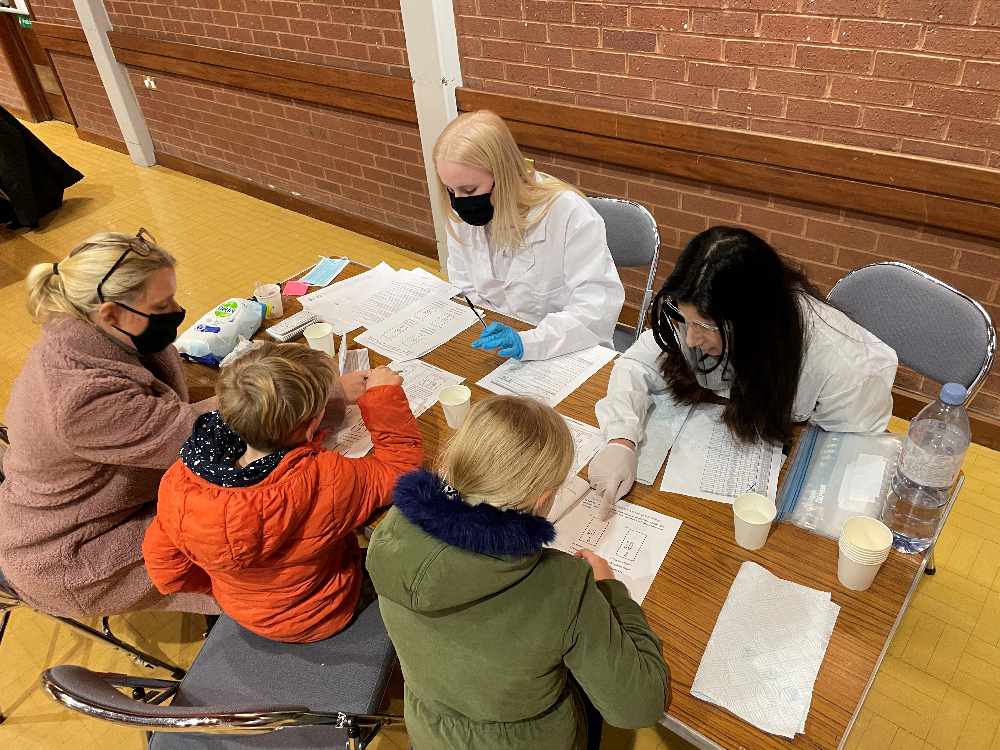
School-age children in Wilmslow have participated in a study to evaluate the usability of a breakthrough saliva-based COVID-19 test.
The trials demonstrated the ease of use of a Rapid Saliva Protein Test (RSPT) in young children, showing the important role non-invasive saliva testing could play in monitoring infection rates and detecting asymptomatic cases in children.
Taking place before the national lockdown was imposed, participants were invited to receive the RSPT at Wilmslow Parish Hall. Co-ordinated by local diagnostics company Medusa 19, the study gathered data about children’s experience using the lateral flow saliva test.
A total of 46 children were tested, aged 4 – 16 years. In one instance an asymptomatic case (someone showing no specific COVID-19 symptoms) was detected, and subsequently confirmed with a positive PCR test. The child’s immediate family also later tested positive with the RSPT, as confirmed by PCR. All RSPT results (otherwise negative) were validated in laboratory PCR testing.
The RSPT, developed in the UK and Spain by Medusa 19, is a non-invasive test for IgM and IgG antibodies in a saliva sample. Results are provided on the spot in 15 minutes, via a simple lateral flow device – akin to a pregnancy test.
Clinical trials have shown the non-invasive test can detect these antibodies in those with no specific COVID symptoms earlier than blood, nasal or throat swab tests. As IgG and IgM are produced earlier in saliva than blood, the RSPT can also indicate immune response to current or recent infection. In school settings, by identifying asymptomatic cases, it could help to slow the spread amongst pupils and their families.
As part of the study, participants were asked about their experience taking the RSPT, its ease of use and understanding of results. They were asked for their preference of testing formats - saliva, blood or nasal / throat swab – with 91% of children indicating they preferred providing a saliva sample.
The government recently announced that all secondary schools and colleges in England will have access to rapid testing as of January, with primary schools to receive testing in Spring.
Ben Flynn and his three children participated in the Wilmslow study: “I was really keen to volunteer myself and my children to take part, as I feel testing in schools will be incredibly important to alleviate the ongoing disruption in education. My wife and I previously found ourselves in a very difficult position when all three children were isolating for 2 weeks at different times, which meant juggling work commitments with childcare.
“What was key here is how simple it was for the kids to take. One of my worries with the invasive tests being touted for schools is that they just wouldn’t be possible with some of the younger ones, whereas a saliva test is much easier for my kids to take. The potential for a non-invasive test like the RSPT to be used within primary schools as part of a regular testing programme to facilitate the reopening of schools is something I would really urge local authorities to consider. I would take a lot of comfort from knowing that my children are able to be in a safe school environment and keep up with their education, while limiting risk of them catching the virus and bringing it back home.”
Amit Patel, a local pharmacist who oversaw the trials, commented: “I was able to guide the participants through a very simple process to administer the test, and observed the ease-of-use across the age range. I’m a parent myself and think it’s crucial that children can remain in a safe education environment, with access to simple but effective tests – the sense of routine and social aspect of school, in particular, plays a key role in protecting young people’s mental health.”
Christian Stephenson, Chief Development Officer at Medusa 19, local diagnostics company and distributor of the RSPT, said: “We believe our test has a key part to play in keeping schools safe and open. Our analysis of the study indicates that the test would be well-received by children within a school setting, and easier to take than other testing methods. Importantly, we were able to detect an asymptomatic case, which is one of the key drivers of infection in this age range. The test can identify those who need to undertake a Government PCR test and allow those free from infection to remain in education.”
The test is CE marked to 98/79/EC, registered with the MHRA, and is for use under supervision from a medical professional throughout Europe.
About Medusa19 - www.medusa19.com
Medusa19 has recently been established by Richard Hughes and Mahmud Kamani, who were both founder shareholders of Boohoo.com, with the objective of building a global “Business to Consumer” (“B2C”) medical diagnostics business. In addition, Richard was the founder of Crawford Healthcare Limited and Zeus Capital Limited. The founders have extensive experience in multi-country/global e-commerce, marketing, fulfilment, manufacture and logistics and Medusa19 is investing to have these functions in place ready for on-line sales and support of the COVID-19 test product when it is available.
How does the test work?
The RSPT works by using a lateral flow device. Users provide a small saliva sample into a tube and add drops from Medusa 19’s novel solution which isolates and solubilises protein structures present in saliva, produced in response to SARS-CoV-2 infection. This mixture is placed on the lateral flow device which migrates the saliva sample along the device. As the sample moves along the device, the antibodies to SARS-CoV-2 that are present in the saliva will attach to chemicals in the device, capturing them on test and control lines. A colour change along these lines will appear depending on the presence of proteins (G for IgG and M for IgM).
Clinical trials
Clinical trials were undertaken independently by Hospital Carlos III/Institute Carlos III – Hospital La PAZ, Madrid, on 254 participants in total. The study was conducted in multiple phases, comparing the test with PCR and blood antibody tests including a cohort with patients with no specific symptoms.
In the cohort with patients with no specific symptoms, the trial demonstrated relative sensitivity of 96 per cent (ability to detect true positives), relative specificity of 92 per cent (ability to detect true negatives) and 94 per cent accuracy in detection of immune response to the infection in patients with the absence of specific symptoms and who did not know they had an active SARS-CoV-2 infection.
Pictured - Local children participate in testing evaluation.


 Woman charged following incidents in Crewe
Woman charged following incidents in Crewe
 Police warn residents to be vigilant following distraction thefts in Cheshire East
Police warn residents to be vigilant following distraction thefts in Cheshire East
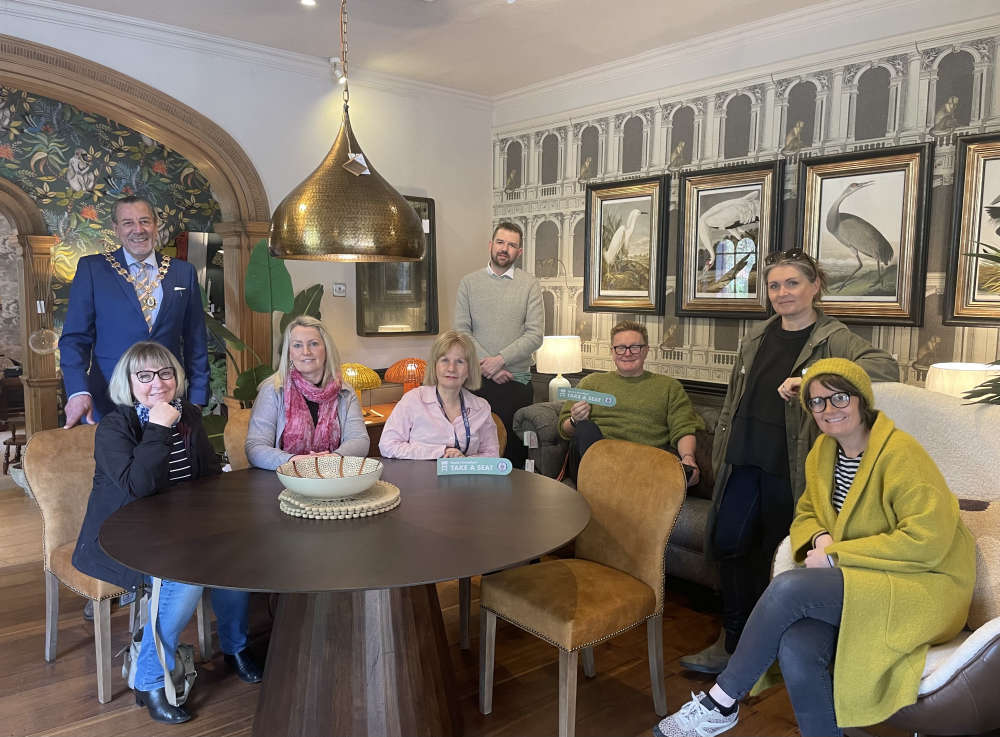 "Take a Seat" initiative is launched to support accessibility in Knutsford town centre
"Take a Seat" initiative is launched to support accessibility in Knutsford town centre
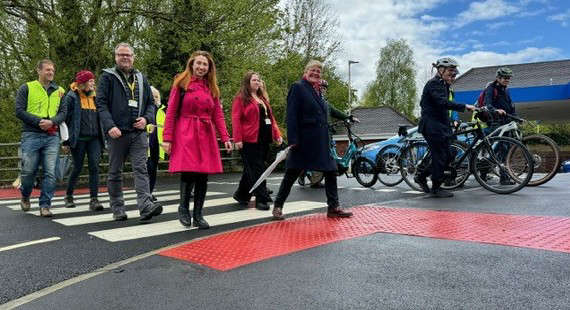 Celebration as final link on 11-mile key cycle route is completed
Celebration as final link on 11-mile key cycle route is completed
 Winners of the 2024 Town Awards announced
Winners of the 2024 Town Awards announced
 People of all ages and abilities urged to tackle Mow Cop Killer Mile
People of all ages and abilities urged to tackle Mow Cop Killer Mile
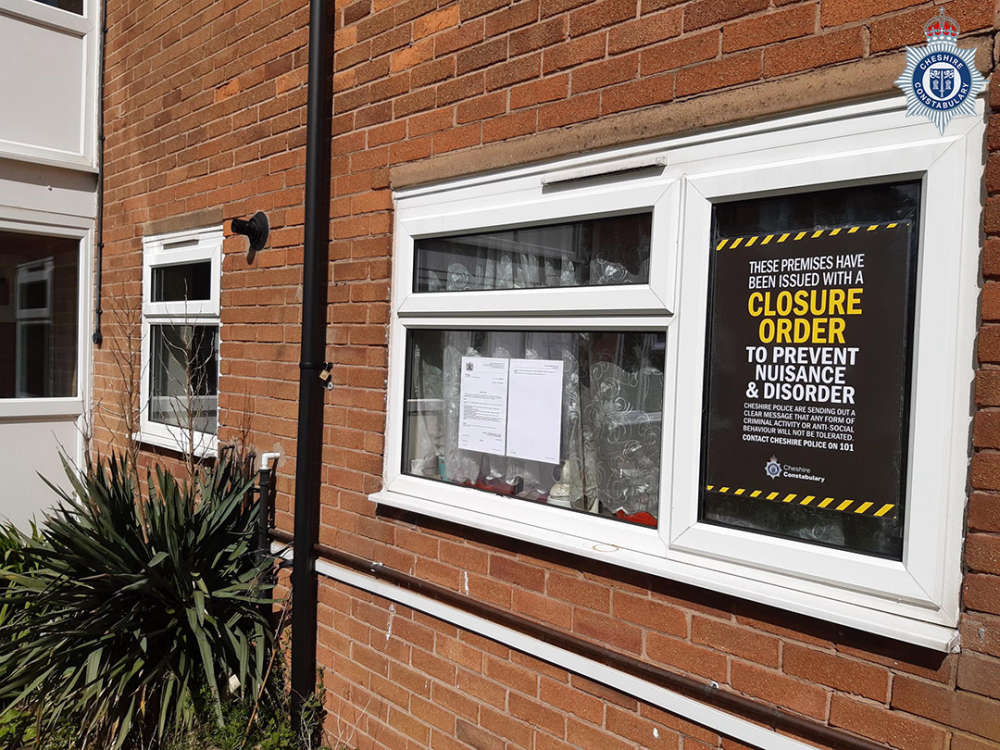 Closure order granted for property in Northwich
Closure order granted for property in Northwich
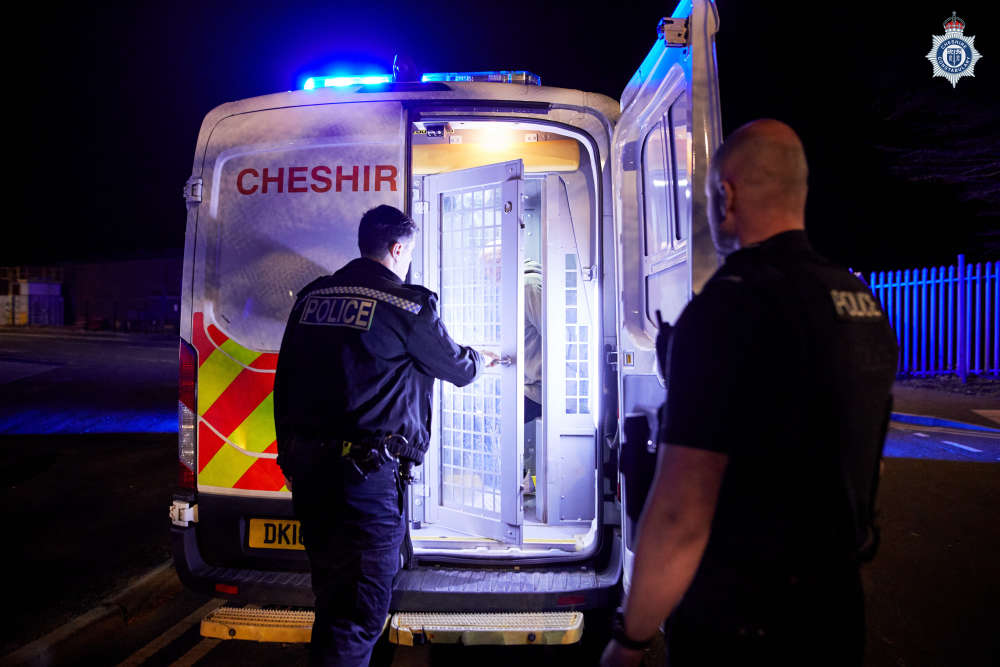 Latest figures show crime in Cheshire continues to fall
Latest figures show crime in Cheshire continues to fall
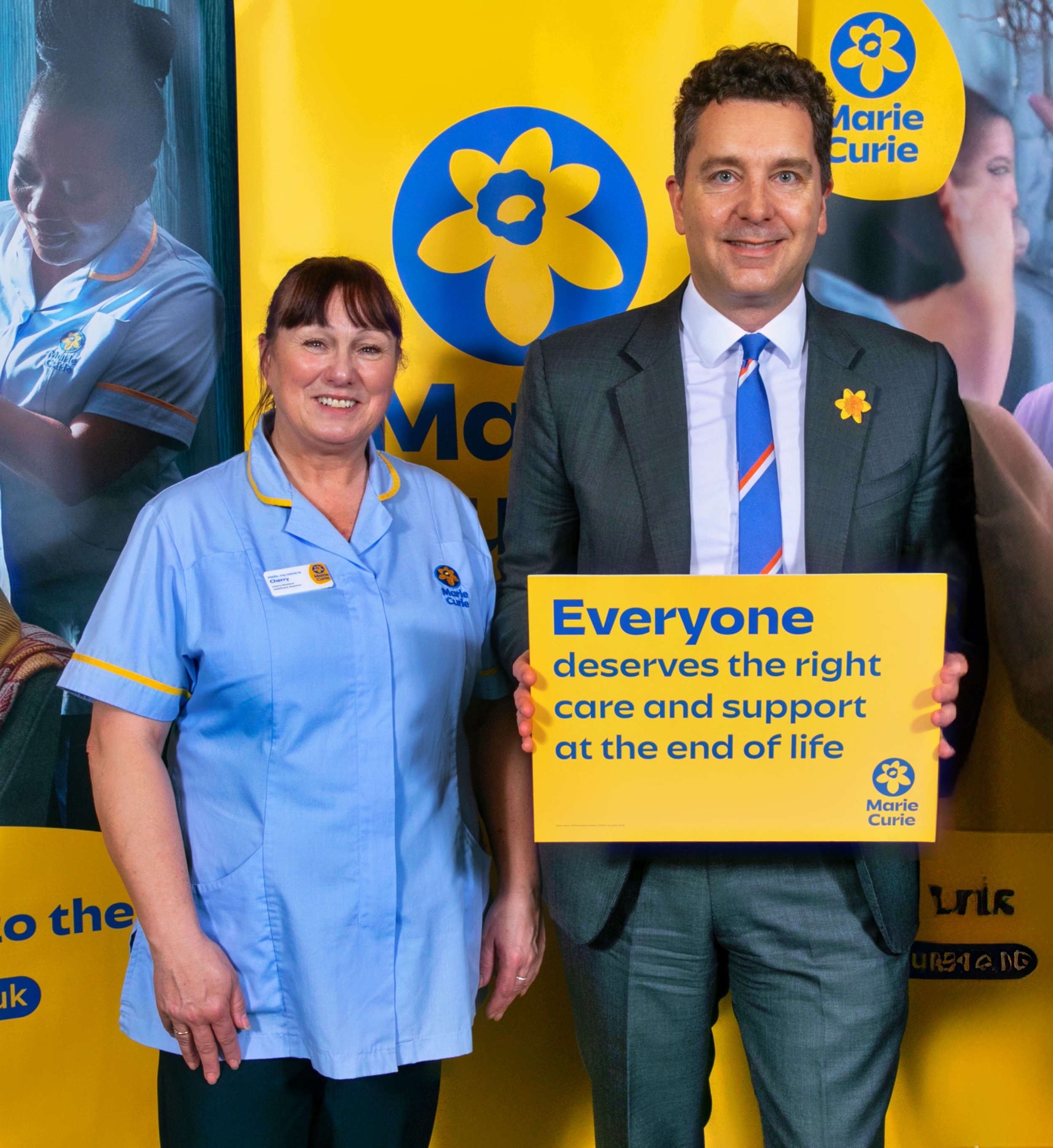 LOCAL MP CALLS FOR URGENT ACTION TO ADDRESS HOSPICE FUNDING INEQUALITY
LOCAL MP CALLS FOR URGENT ACTION TO ADDRESS HOSPICE FUNDING INEQUALITY
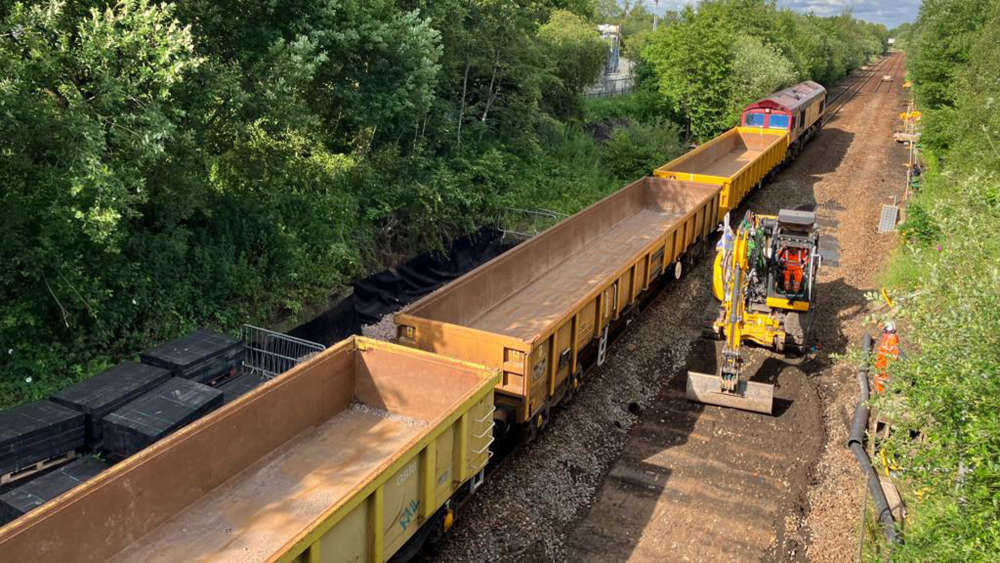 North West rail improvements planned this May Bank Holiday
North West rail improvements planned this May Bank Holiday
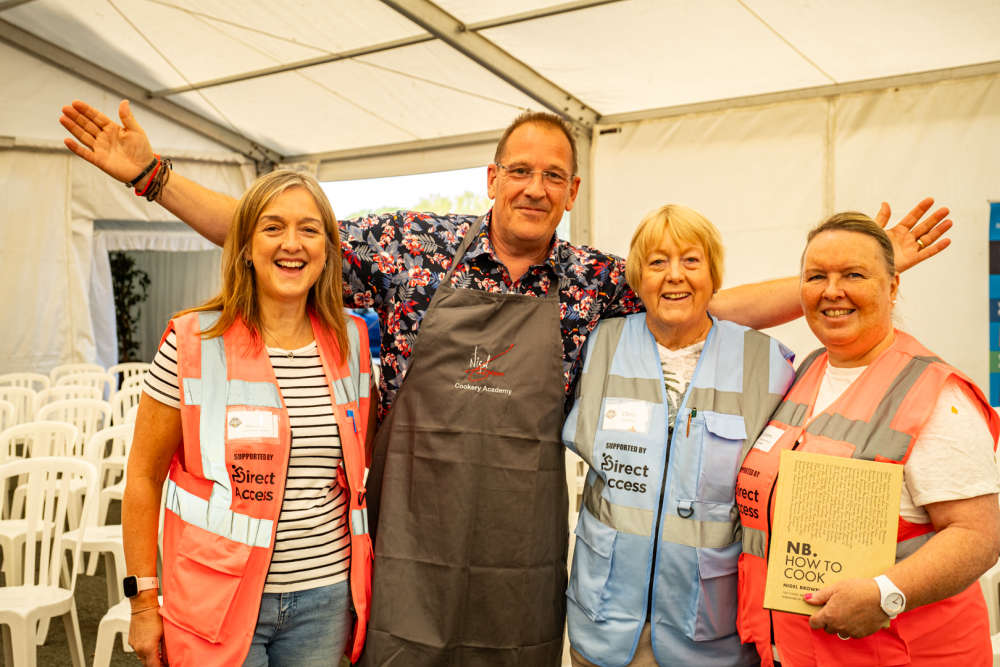 Nantwich Food Festival invites new volunteers to special event
Nantwich Food Festival invites new volunteers to special event
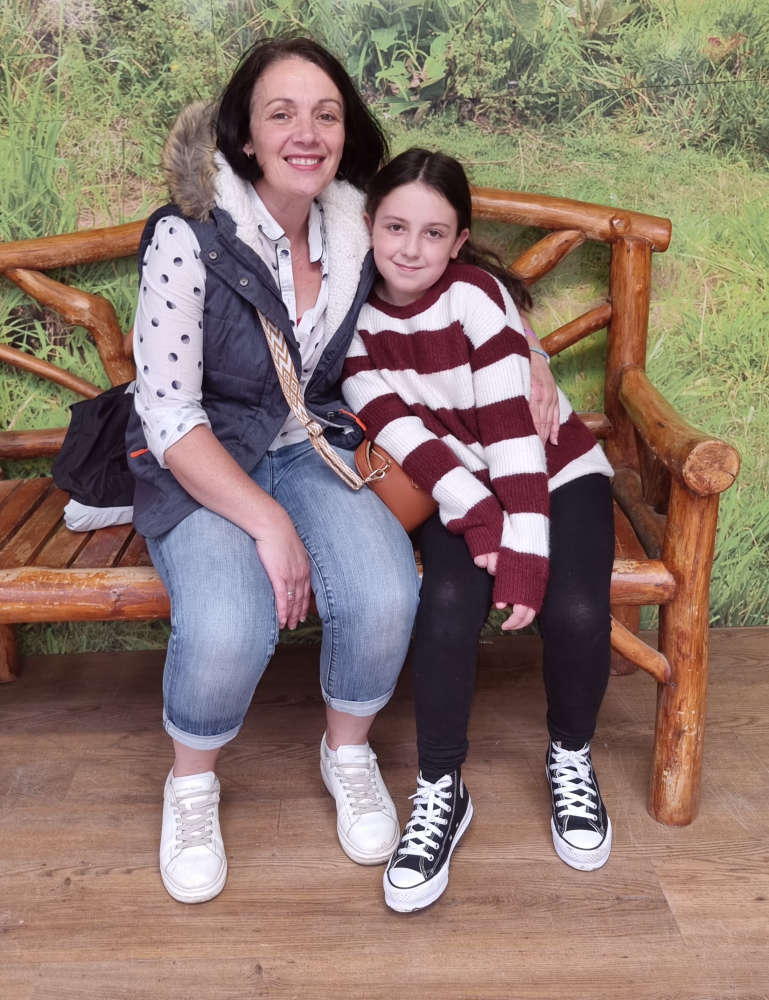 Poppy dresses like her NHS receptionist mum for hero-themed fundraiser
Poppy dresses like her NHS receptionist mum for hero-themed fundraiser
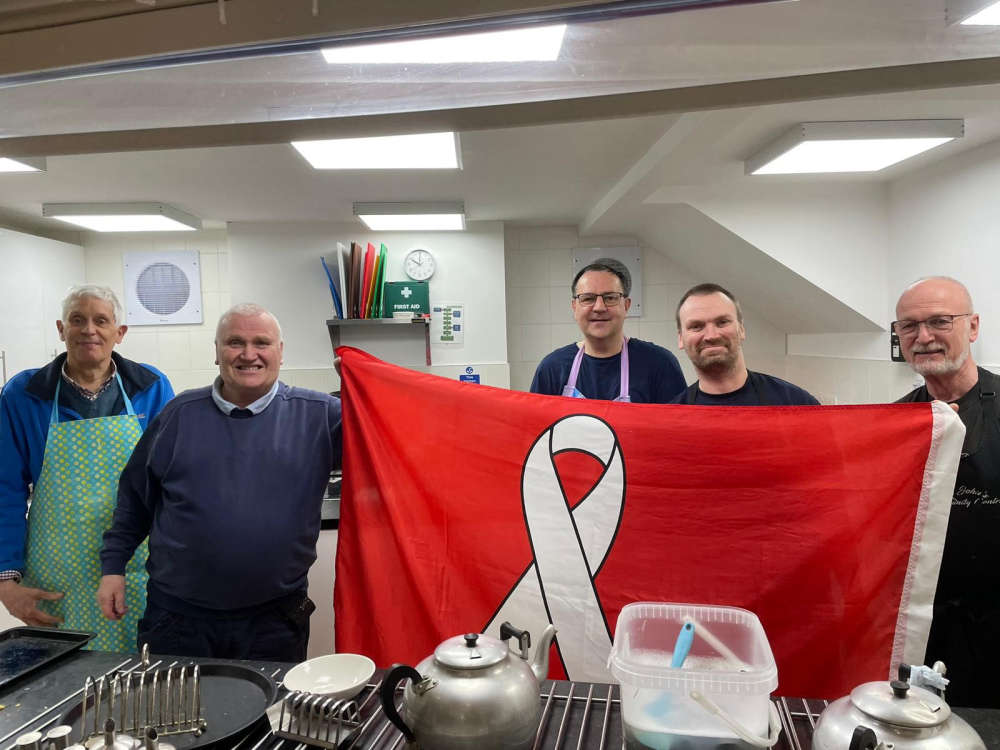 White Ribbon Talk at Breakfast Group
White Ribbon Talk at Breakfast Group
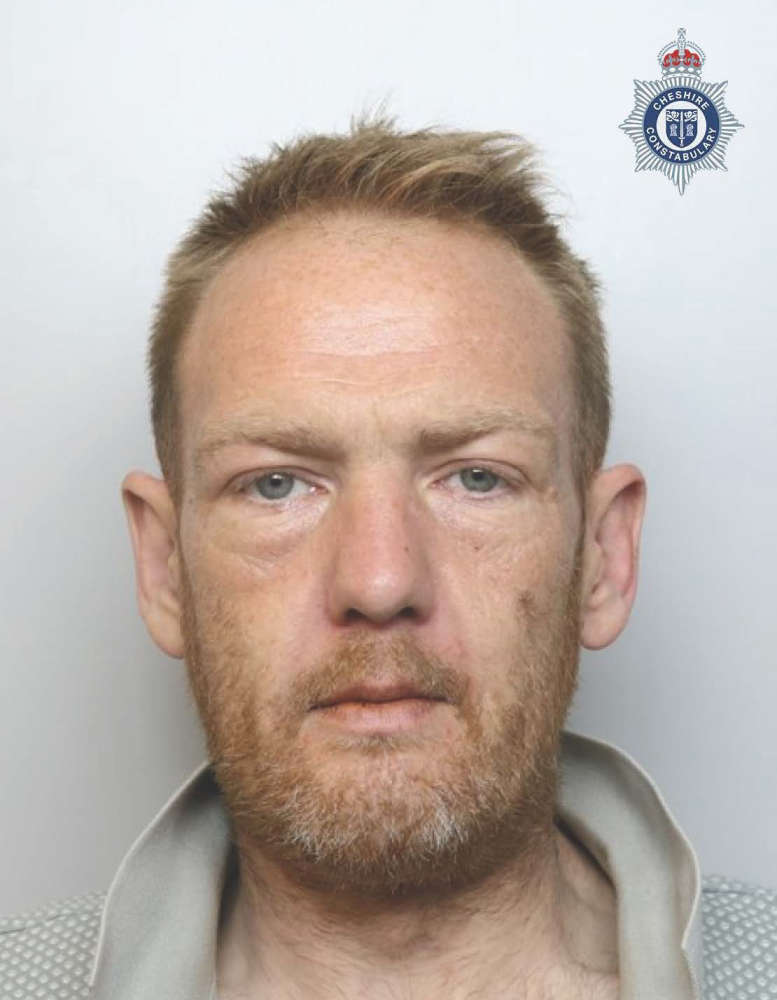 Prolific offender ordered to adhere to three-year Criminal Behaviour Order
Prolific offender ordered to adhere to three-year Criminal Behaviour Order
 Cheshire firefighters to deliver vital vehicles and equipment for Ukrainian firefighters
Cheshire firefighters to deliver vital vehicles and equipment for Ukrainian firefighters


Comments
Add a comment